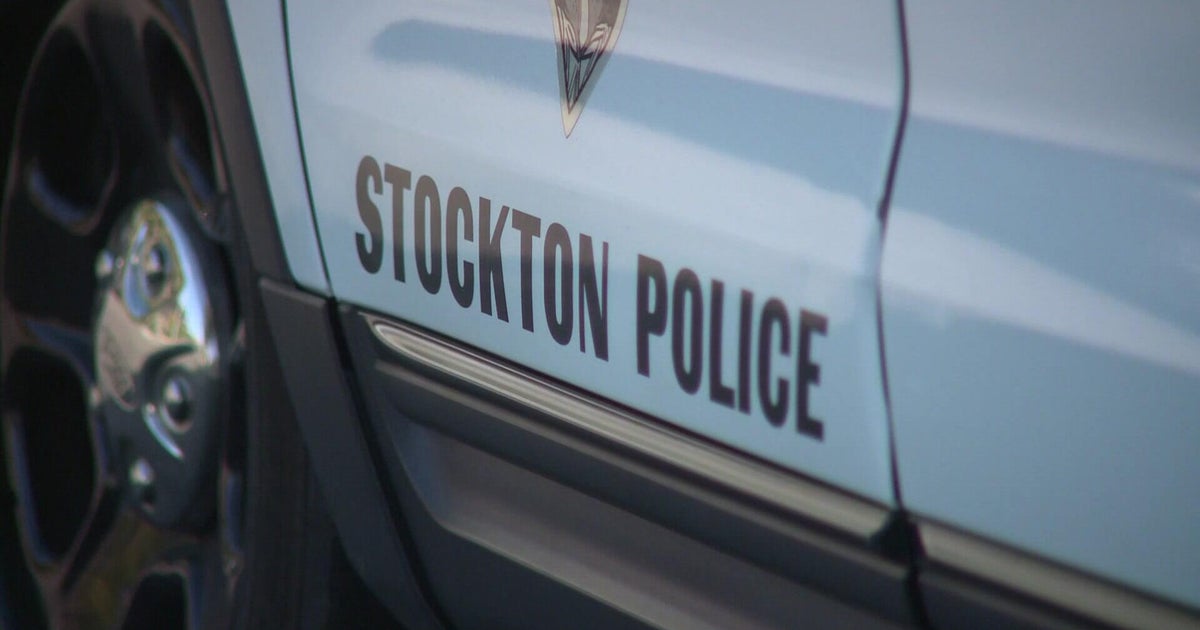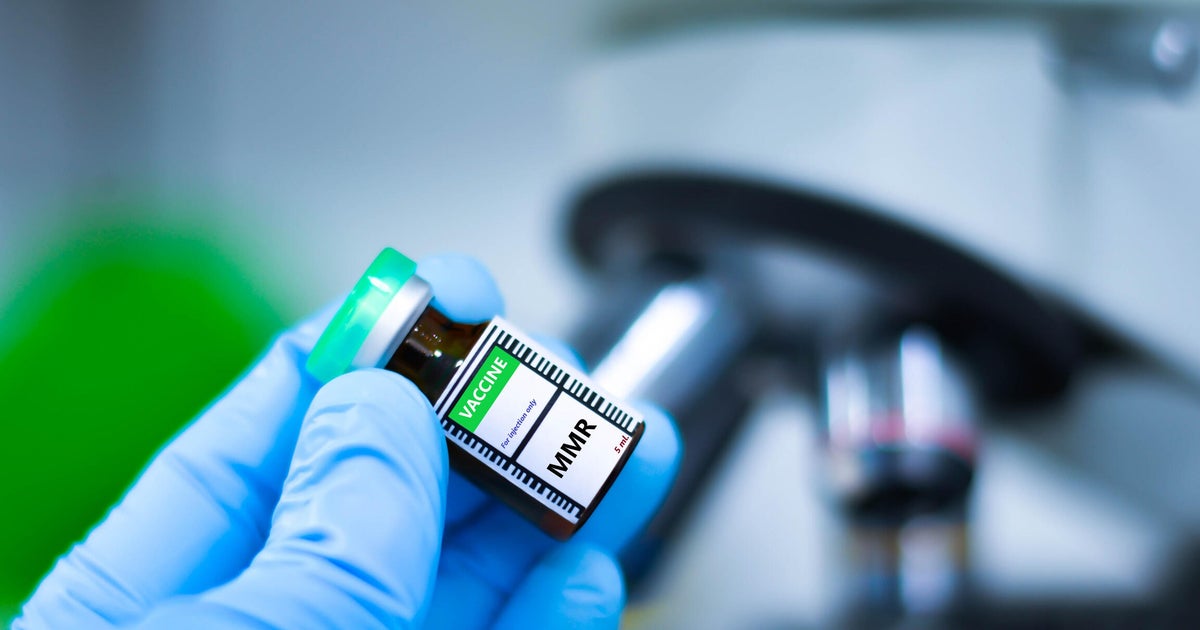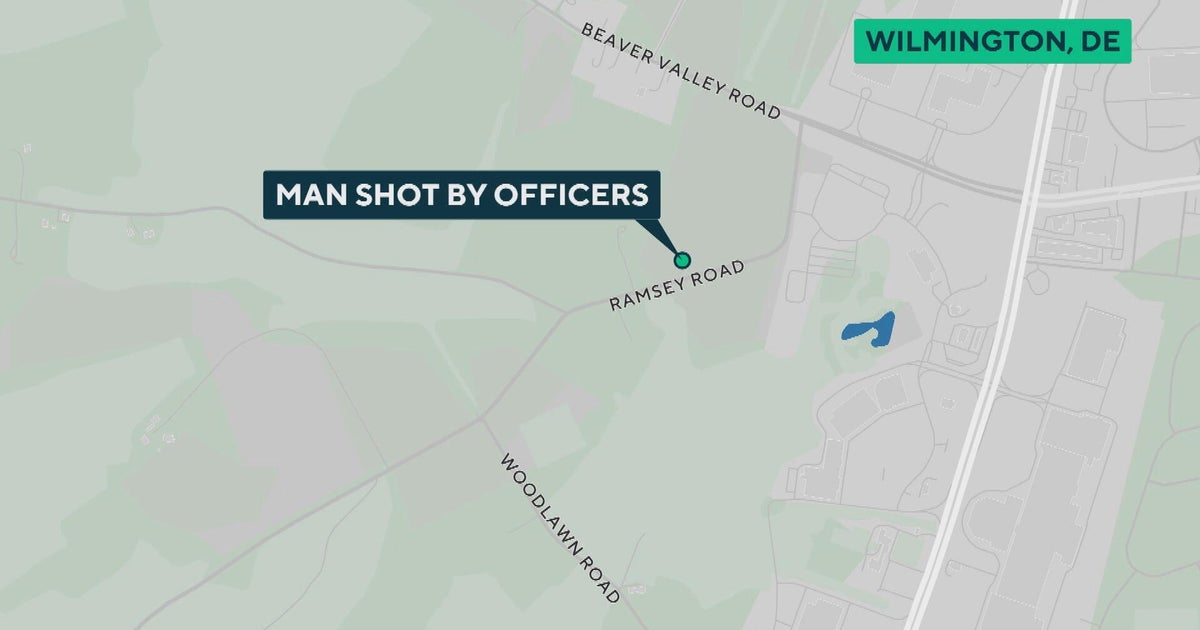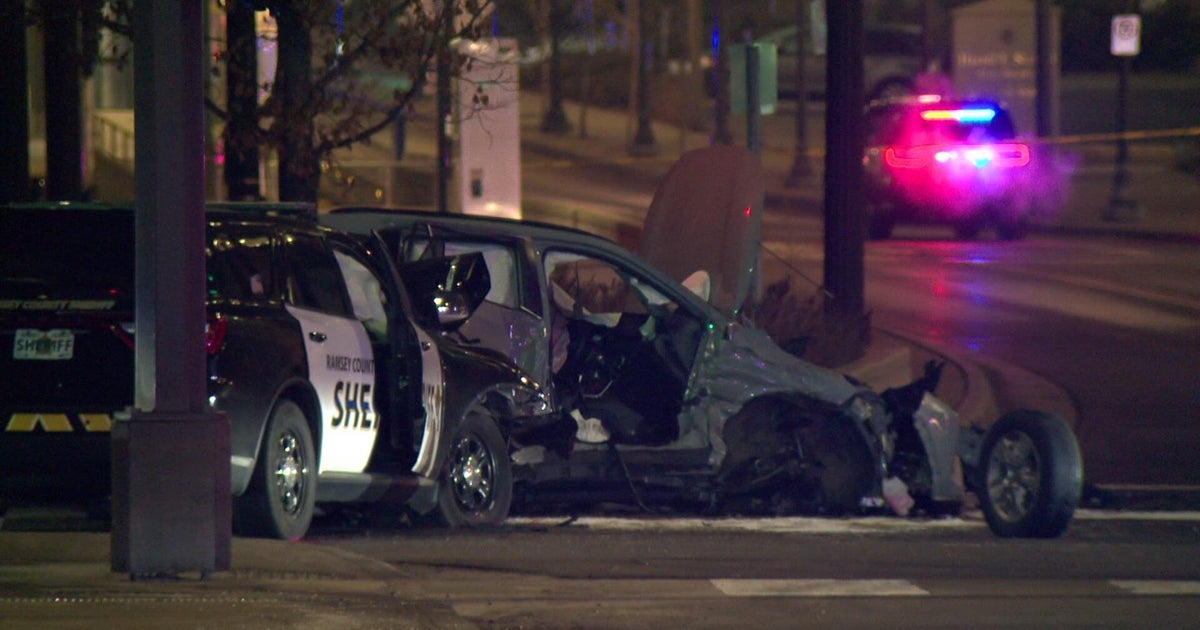Nassau County To Place Overdose Patients Into Treatment
MINEOLA, N.Y. (CBSNewYork) -- Nassau County is taking a new approach to dealing with people rushed to emergency rooms after overdosing on drugs, most notably heroin.
Acting District Attorney Madeline Singas announced Wednesday that after a patient is treated in the E.R, he or she will now immediately be taken to New Hope Crisis Center in Freeport at no cost to the patient, WCBS 880's Sophia Hall reported. Singas said after an average 10-day stay at the treatment center, the person would then be placed in a counseling center, where he or she could receive treatment for months.
"Heroin is an epidemic," Singas said. "The CDC reported last year that overdose rates have increased more than 100 percent and over 211 percent in the Northeast."
Nassau County To Place Overdose Patients Into Treatment
The program will be paid for using $585,000 in criminal asset forfeiture money. Funding from the DA's office will allow New Hope to begin 24/7 intake operations.
Previously, a person rushed to the E.R. for an overdose in Nassau County would be treated and then released within hours, usually right back into the same situations that led to his or her drug abuse, Singas said.
Even for those who had wished to seek treatment, the admissions process for treatment centers often took weeks, Singas said.
The DA said the new program will close that potentially deadly treatment gap.
"As individuals and families across Long Island continue to struggle with issues related to substance use disorders, we commend to the Nassau County District Attorneys' office for their continued response to this crisis," Steve Chassman, executive director of the Long Island Council on Alcoholism and Drug Dependence, said in a statement. "The utilization of these forfeiture funds will greatly assist individuals and families in accessing vital support and treatment services."
"Being able to connect individuals suffering with an addiction to opiates to the help they need has long been a challenge," said Anthony Rizzuto, executive director of Families in Support of Treatment. "Treatment on demand is necessary and will help us save lives."







